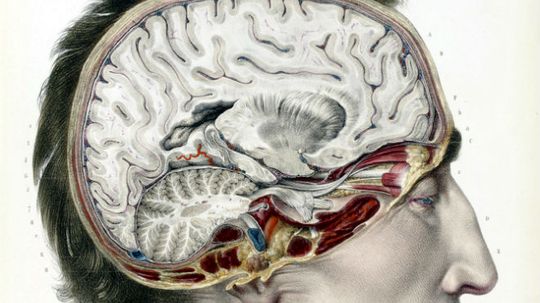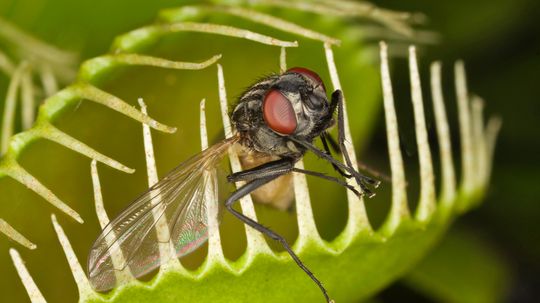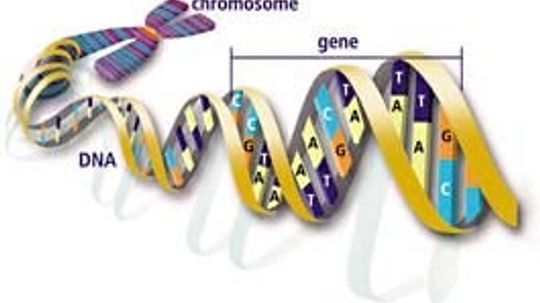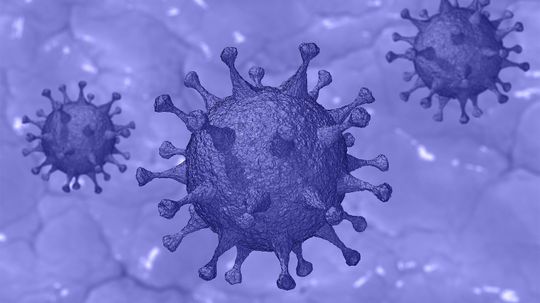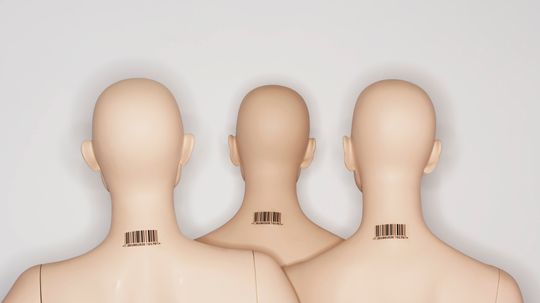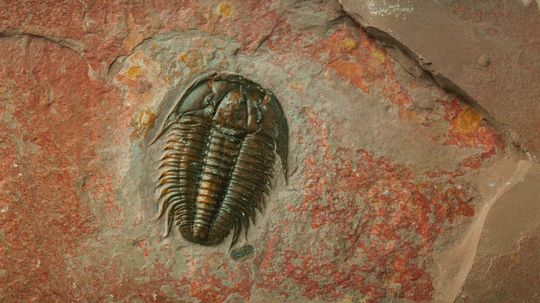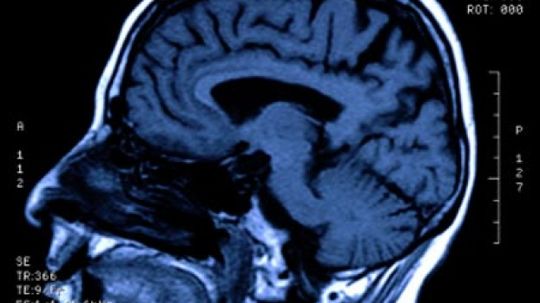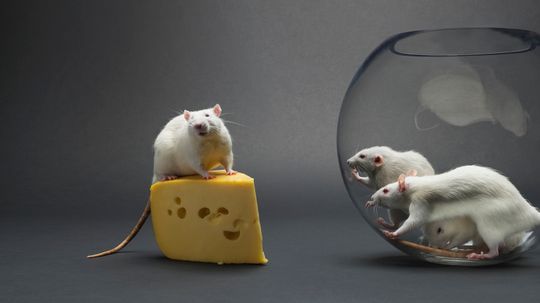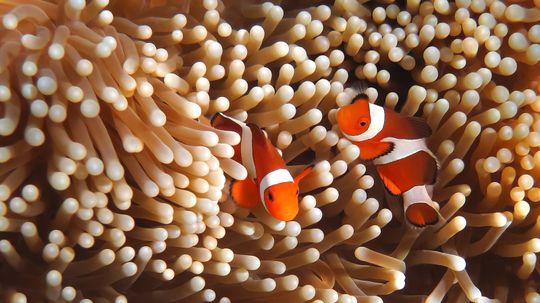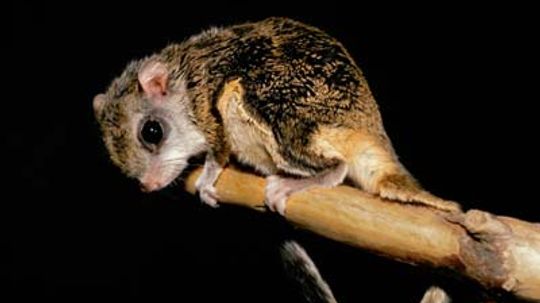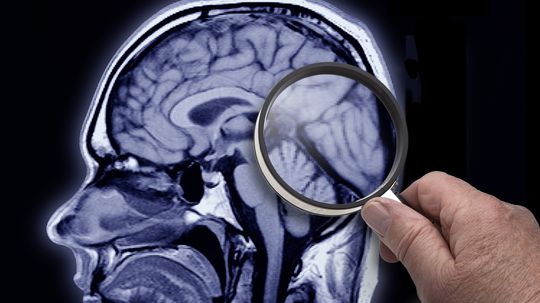Life Science
From the smallest microbe to the largest mammal, Life Science explores the origins, evolution and expansion of life in all its forms. Explore a wide range of topics from biology to genetics and evolution.
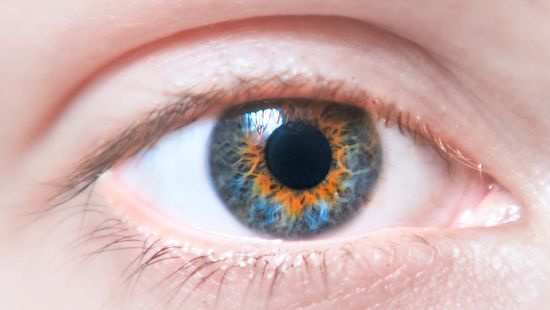
Central Heterochromia: When to Worry About Eye Color

10 Types of Noses to Spot in a Crowd
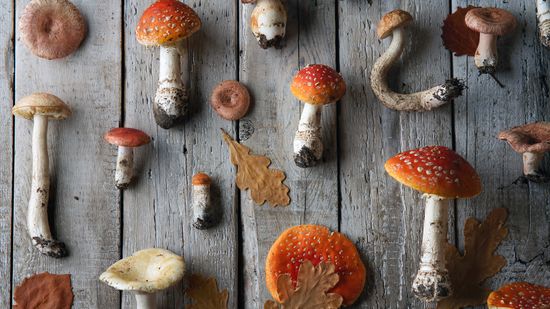
3 Major Types of Mushrooms: Edible, Wild and Poisonous
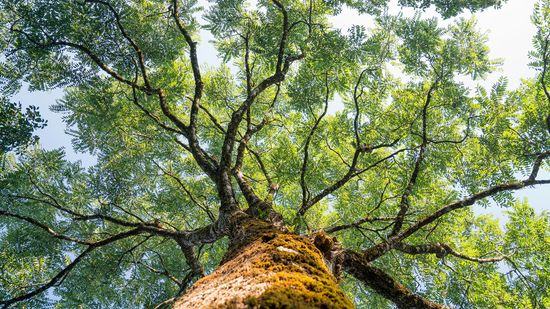
3 Types of Trees You'll Find All Over the Planet
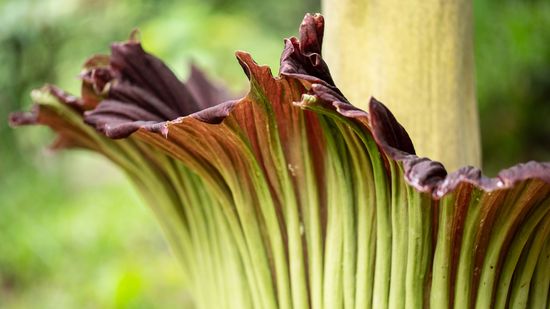
A Corpse Flower Can Grow Over 12 Feet (3.7 Meters) Tall
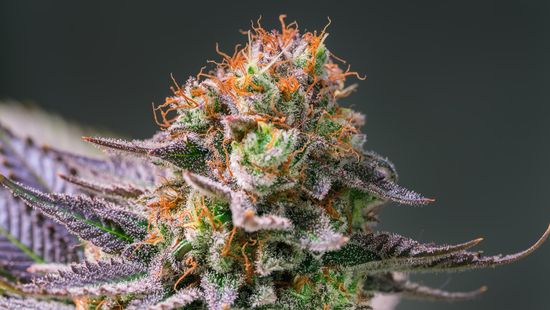
Indica vs. Sativa: How to Distinguish Between Cannabis Plants
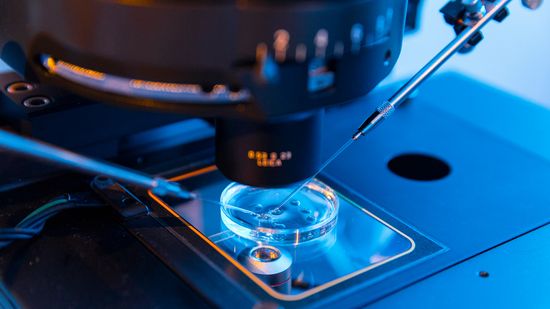
In Vivo vs. In Vitro Trials (and Why Combining Both Is Best)

Hypertonic vs. Hypotonic Solutions: Differences and Uses

Your Phone Is a Germ Factory, So Stop Taking It to the Toilet
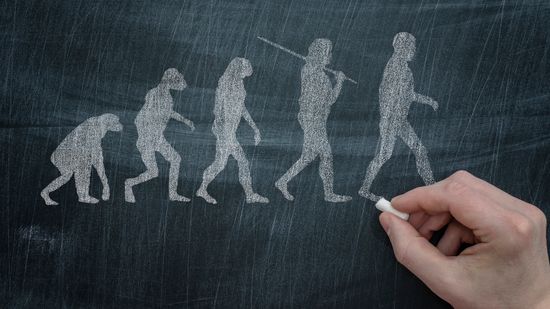
Neanderthal vs. Homo Sapien: Separate Species With Different Fates

Howstuffworks Interviews: Extinction Level Events with Annalee Newitz

What will the Earth look like in 50,000 years?
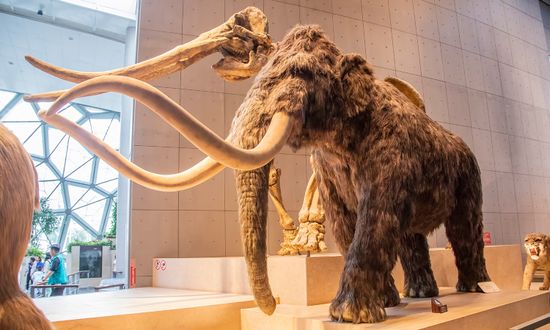
Is a Woolly Mammoth Clone Even Possible?

The Most Common Hair Color Isn't Blonde

What Is the Most Common Eye Color? Over 70% of People Have It
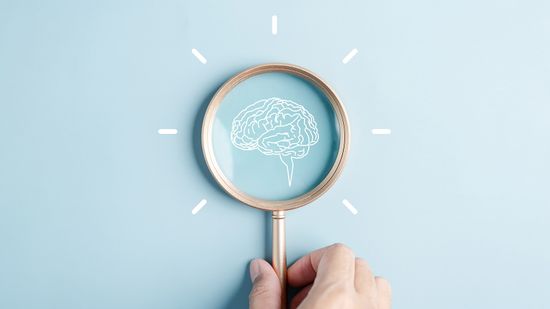
9 Types of Intelligence: The Many Ways to Expand Your Mind
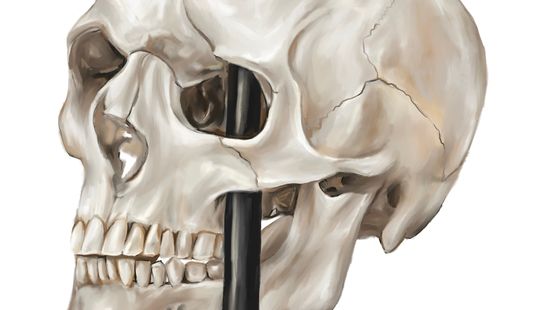
Phineas Gage and the Birth of Modern Neuroscience

Call of the Void: A Counterintuitive Form of Self-preservation
Learn More / Page 5
In this article, we'll look at laughter -- what it is, what happens in our brains when we laugh, what makes us laugh and how it can make us healthier and happier. You'll also learn that there's a tremendous amount that no one understands yet.
There is a good chance that if you go to the grocery store and buy a bunch of grapes that they will be of the seedless variety. If the grapes are seedless, how are they able to produce new grapes? Find out the answer to that question in this article.
Given the choice, would you rather have been born with a different eye color, hair color or skin tone? Of course, you didn't have these options, but could you have them for your own children?
By Kevin Bonsor & Julia Layton
Advertisement
Every animal you can think of -- mammals, birds, reptiles, fish, amphibians -- all have brains. But the human brain is unique. It gives us the power to think, plan, speak and imagine.
Plants that eat other creatures? It sounds like a genetic experiment gone awry. But there's actually nothing unnatural about it; carnivorous plants have been around for millions of years.
The CBS drama "CSI: Crime Scene Investigation" routinely uses cutting-edge technology to solve crimes, including collecting and analyzing DNA evidence. But catching a criminal using DNA evidence is not quite as easy as "CSI" makes it seem.
Learn about weight gain and the processes going on in your cells.
Advertisement
Influenza, Ebola and COVID-19 are all viruses. Find out what a virus does to your body and how to decrease your chance of exposure.
The term IQ typically refers to a score on a test that measures someone's cognitive ability. What does this test constitute exactly? And does it accurately measure intelligence?
By Alia Hoyt
Cloning is the process of making a genetically identical organism through nonsexual means. In this article, we will examine how cloning works and look at possible uses of this technology.
What is the difference between a hardwood and a softwood? How hard does a tree have to be to be considered hardwood?
Advertisement
With movie titles like "Attack of the Clones" and "The Clone Wars," it's no wonder human cloning makes us anxious. As scientists make startling discoveries cloning animals, are humans next?
By Kevin Bonsor & Cristen Conger
We can see dinosaur and plant fossils at just about any natural museum. What exactly are fossils, though, and how do they form?
In the past, applying electricity to the brain was a painful measure of last resort. Now with lower power and electrodes surgically planted deep within the brain, it could be the answer to many debilitating diseases.
If you could control your dreams, what would you do? Grow wings and fly, travel to ancient Rome, dine with Marilyn Monroe, open opera season at the Met? It could be possible.
By Katie Lambert & Sascha Bos
Advertisement
Everyone's familiar with the green-eyed monster called jealousy. But why do people have those feelings?
By Alia Hoyt & Sascha Bos
Have you ever done something for someone else just because it was a nice thing to do? Do people perform unselfish acts because it feels good or is it just something society wants us to do?
By Josh Clark
Researchers are working on ways to engineer viruses to attack cancer cells, killing the disease without radiation, medicine or surgery. How do the viruses know what to kill?
By Josh Clark
Symbiosis is crucial to the survival of many species. In fact, you're a symbiote yourself.
Advertisement
One of the top-prescribed sleeping pills may cause you to shuffle out of bed and sleepwalk to the fridge. Could Ambien be making you sleepy and hungry?
When Australia became separated from the other continents, its species evolved in isolation. And yet, some of the Australian animals evolved in exactly the same way as the other animals in the world. How?
Memory is your only personal record of the past and of who you are as an individual. What if you woke up one morning and your memory was gone?
Can your mirror lie? Though loved ones reassure you that your appearance is normal, all you see is your flawed, monstrous reflection. This is life with body dysmorphic disorder.
Advertisement
You may vaguely remember hurting your knee at the age of 3, but do you recall the moment your body burst into the world? Most likely not. Why are our first years devoid of memories?
Can you be bored to death? Sometimes it feels that way but has someone ever really died of boredom? You might be surprised at the ways boredom can shorten your life.



